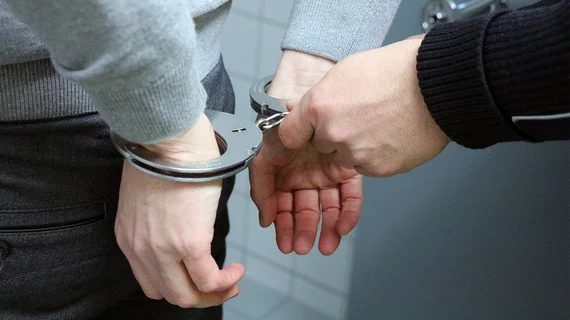Cardiologist arrested for sexual assault again, now linked to 10 alleged victims
A Colorado cardiologist charged with three counts of sexual assault was in court for a preliminary hearing when police officers showed up unannounced and arrested him.
According to a new report from CBS News Colorado, Stephen Matthews, 35, is being charged for sexually assaulting nine additional victims, bringing the total number of victims to 10.
A spokeswoman for the Denver District Attorney’s Office confirmed to CBS that the additional victims had come forward after the doctor was arrested. Matthews’ attorney also spoke to CBS, saying the charges represented a “rush to judgement” and that his client is “innocent until proven guilty.”
Context about this latest arrest
Matthews was initially arrested in April after a woman came forward and said she blacked out after meeting him for brunch and going back to his house. She was allegedly sexually assaulted during that time, waking up hours later at her own home.
According to the arrest affidavit, the victim discussed the incident with a friend—and that friend’s mother said she had a similar encounter with Matthews years ago. This discovery helped lead the victim to pursue the matter with authorities—and police indicated at the time that they were investigating the possibility of additional victims.
Just days later, CBS News Colorado published an investigative report about Matthews, sharing evidence that he had previously been accused of rape and was even banned from the dating app Hinge for his behavior. He allegedly created a new Hinge account with different login credentials, however, and continued using the app to meet women.
Click the link below to read the full update from CBS News Colorado:

